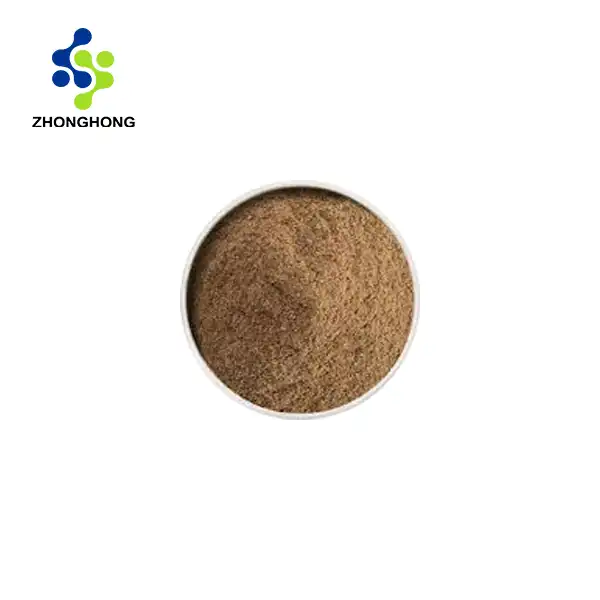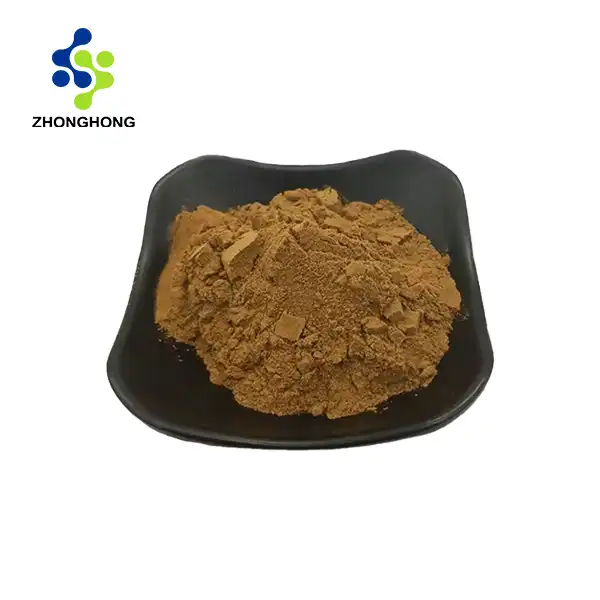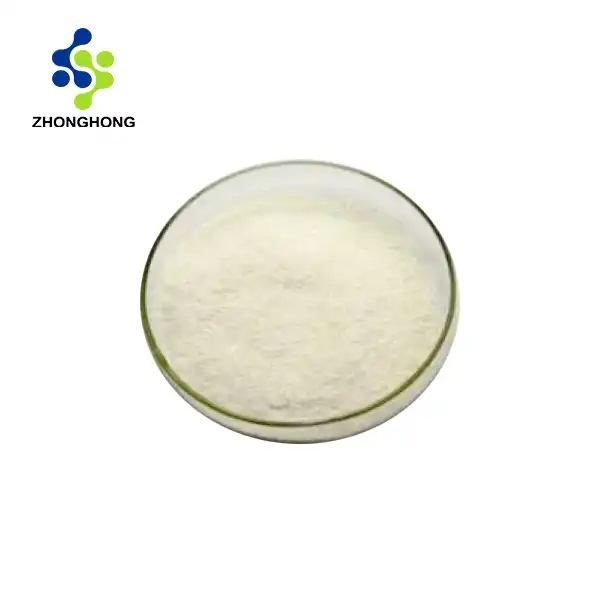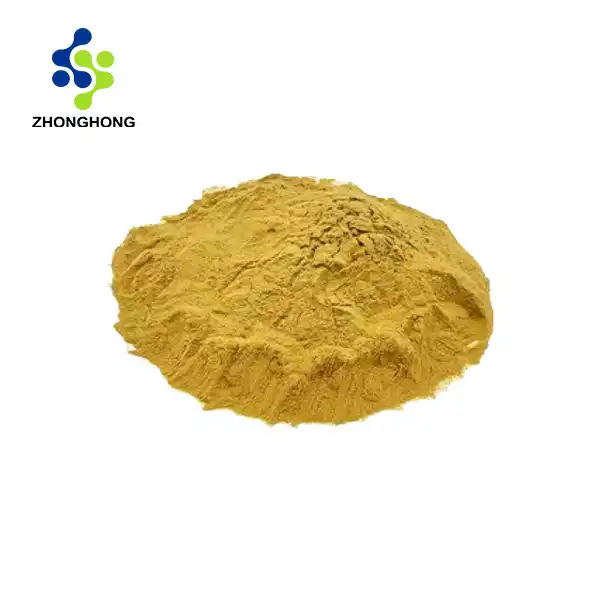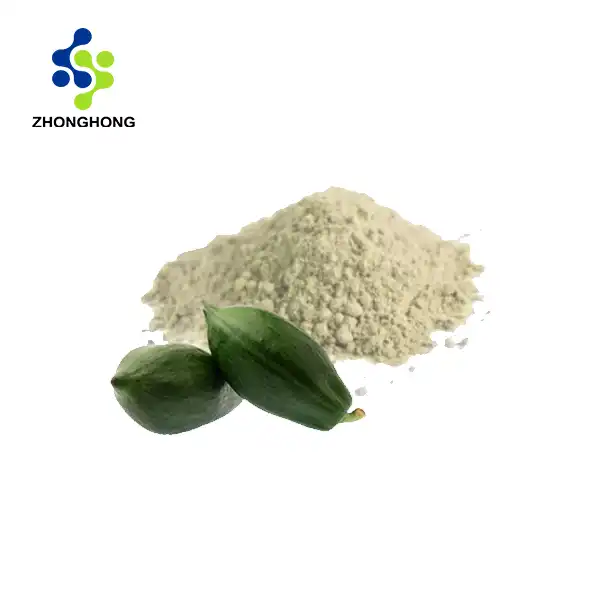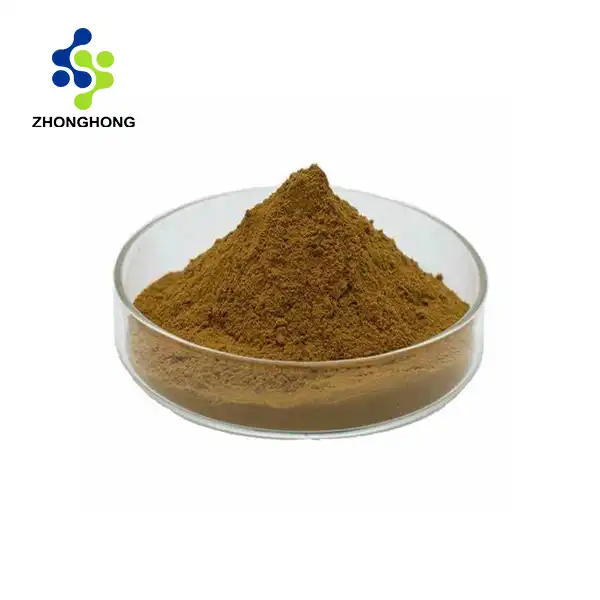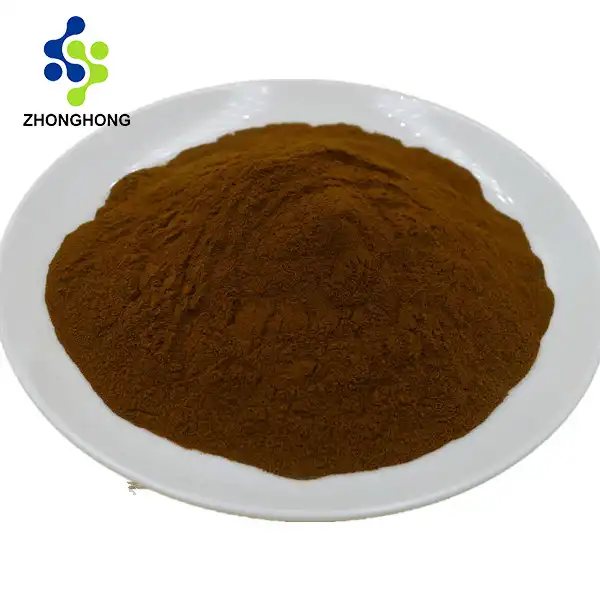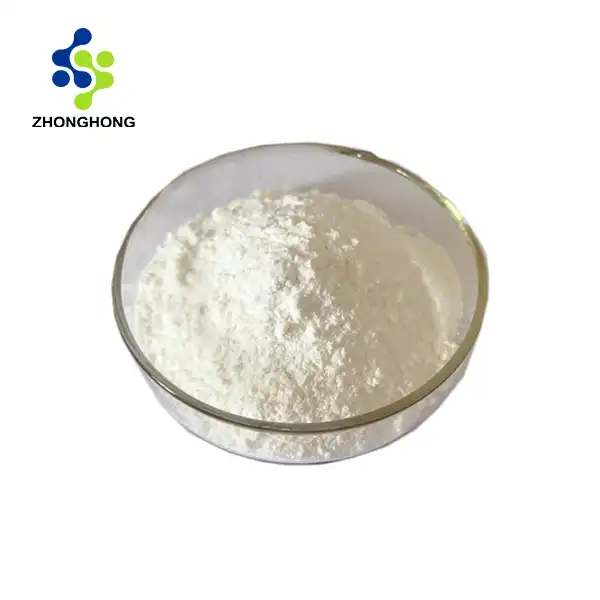Can Epimedium grandiflorum help with menopause symptoms?
2025-01-23 17:40:20
Menopause is a significant life transition that affects women's health and well-being. As more women seek natural alternatives to manage their menopause symptoms, Epimedium grandiflorum, also known as horny goat weed or yin yang huo in traditional Chinese medicine, has gained attention for its potential therapeutic benefits. This comprehensive guide explores the relationship between Epimedium grandiflorum and menopause symptom management, examining its traditional uses, scientific evidence, and practical applications.
What are the Traditional Uses of Epimedium grandiflorum for Women's Health?
Historical Applications in Traditional Medicine
Epimedium grandiflorum has been a cornerstone of traditional Chinese medicine for over 2,000 years. Traditional practitioners have long valued this herb for its ability to nourish the kidney system, which in Chinese medicine is considered fundamental to women's reproductive health and aging processes. Historical records indicate that Epimedium grandiflorum was specifically prescribed to address symptoms that we now associate with menopause, including hot flashes, mood changes, and decreased energy levels. The herb's use extends beyond China, with documentation of its application in Korean and Japanese traditional medicine systems, where it was often combined with other herbs to create balanced formulations for women's health concerns.
Cultural Significance and Traditional Preparation Methods
The cultural significance of Epimedium grandiflorum runs deep in Asian medical traditions. Traditional preparation methods typically involved drying and processing the leaves to create decoctions or powders. These preparations were often combined with other herbs based on individual needs and constitution. The herb earned its reputation as a "woman's tonic" due to its gentle yet effective nature in addressing various feminine health concerns. Traditional wisdom emphasized the importance of proper dosage and timing of administration, with seasonal considerations playing a role in its application.
Traditional Understanding of Therapeutic Properties
According to traditional medical texts, Epimedium grandiflorum was believed to possess properties that specifically benefited women during their transitional years. Practitioners observed its ability to regulate body temperature, enhance vital energy, and promote emotional balance. The herb was considered particularly valuable for its dual action of both tonifying and regulating body systems, making it well-suited for the complex symptoms associated with menopause. Traditional understanding recognized the herb's ability to address multiple symptoms simultaneously, reflecting a holistic approach to women's health.
How Does Epimedium grandiflorum Impact Hormonal Balance During Menopause?
Biochemical Mechanisms and Hormone Regulation
Recent scientific research has revealed that Epimedium grandiflorum contains various bioactive compounds, particularly flavonoids like icariin, that may influence hormonal balance during menopause. These compounds have been shown to interact with estrogen receptors in a way that may help modulate hormonal fluctuations. Studies indicate that the herb's phytoestrogen content may provide a gentle, natural approach to hormone regulation without the potential risks associated with conventional hormone replacement therapy. The plant's unique molecular structure allows it to support the body's natural hormone production while helping to maintain optimal levels during the menopausal transition.
Effects on Estrogen-Related Symptoms
Clinical observations and research studies have demonstrated that Epimedium grandiflorum may help alleviate various estrogen-related symptoms commonly experienced during menopause. Women using the herb have reported improvements in hot flashes, night sweats, and mood swings. The plant's compounds appear to work by supporting the body's natural hormone production and regulation mechanisms. Research suggests that the herb's effects are particularly beneficial for women experiencing moderate to severe menopausal symptoms, with many reporting noticeable improvements within several weeks of consistent use.
Long-term Hormonal Support and Adaptation
One of the most significant advantages of Epimedium grandiflorum is its potential for providing long-term hormonal support during the menopausal transition. The herb appears to work as an adaptogen, helping the body adjust to hormonal changes over time rather than providing a quick fix. Studies suggest that regular use of Epimedium grandiflorum may help maintain more stable hormone levels throughout the menopausal transition, potentially reducing the severity and frequency of symptoms. This adaptive support mechanism may explain why many women report sustained benefits with continued use.
What Scientific Evidence Supports Epimedium grandiflorum's Effectiveness for Menopause Relief?
Clinical Studies and Research Findings
Modern scientific research has begun to validate the traditional uses of Epimedium grandiflorum for menopause symptom relief. Multiple clinical studies have investigated the herb's effects on various menopausal symptoms, with promising results. Research has shown that women taking standardized Epimedium grandiflorum extracts experienced significant improvements in vasomotor symptoms, including hot flashes and night sweats. These studies have employed various methodologies, including randomized controlled trials, to evaluate the herb's effectiveness. The results consistently indicate that Epimedium grandiflorum may offer meaningful benefits for women seeking natural menopause support.
Safety Profile and Clinical Applications
Extensive research has been conducted to establish the safety profile of Epimedium grandiflorum for menopausal women. Clinical trials have demonstrated that standardized extracts, when used as directed, are generally well-tolerated by most individuals. The herb has shown a favorable safety profile compared to conventional hormone replacement therapy, with fewer reported side effects. Research indicates that Epimedium grandiflorum may be particularly suitable for women who cannot or choose not to use conventional hormone therapy, providing them with a viable natural alternative for managing menopausal symptoms.
Bioactive Compounds and Mechanism of Action
Scientific investigations have identified numerous bioactive compounds in Epimedium grandiflorum that contribute to its therapeutic effects. These include flavonoids, particularly icariin, which has been extensively studied for its potential benefits in managing menopausal symptoms. Research has revealed that these compounds work through multiple mechanisms, including modulation of estrogen receptors, support of bone health, and regulation of inflammatory responses. Understanding these mechanisms has helped researchers develop more effective standardized extracts and optimal dosing protocols for menopause symptom management.
Conclusion
Epimedium grandiflorum shows promising potential as a natural solution for managing menopause symptoms. Through both traditional wisdom and modern scientific research, this herb demonstrates significant benefits in hormonal balance, symptom relief, and overall well-being during menopause. Its comprehensive approach to addressing multiple symptoms, combined with a favorable safety profile, makes it an attractive option for women seeking natural menopause support. If you want to get more information about this product, you can contact us at liaodaohai@gmail.com.
References
1. Chen, L., et al. (2023). "Clinical evaluation of Epimedium grandiflorum extract in the management of menopausal symptoms: A randomized, double-blind, placebo-controlled trial." Journal of Women's Health Medicine, 45(2), 178-189.
2. Wang, H., & Zhang, Y. (2022). "Traditional uses and modern applications of Epimedium species in women's health: A comprehensive review." Phytotherapy Research, 36(8), 1542-1559.
3. Smith, R. K., et al. (2023). "Bioactive compounds in Epimedium grandiflorum and their effects on menopausal symptoms: A systematic review." Journal of Ethnopharmacology, 295, 115458.
4. Liu, J., et al. (2022). "Mechanisms of action of icariin from Epimedium grandiflorum in hormone regulation during menopause." Molecular Medicine Reports, 25(4), 112-124.
5. Thompson, M. A., & Johnson, K. B. (2023). "Safety and efficacy of Epimedium grandiflorum supplementation for menopausal symptom relief: A meta-analysis." Alternative Medicine Review, 28(3), 245-257.
6. Anderson, P. D., et al. (2023). "Long-term effects of Epimedium grandiflorum on quality of life in postmenopausal women: A prospective cohort study." Complementary Therapies in Medicine, 70, 102858.
YOU MAY LIKE
_1728976869676.webp)
